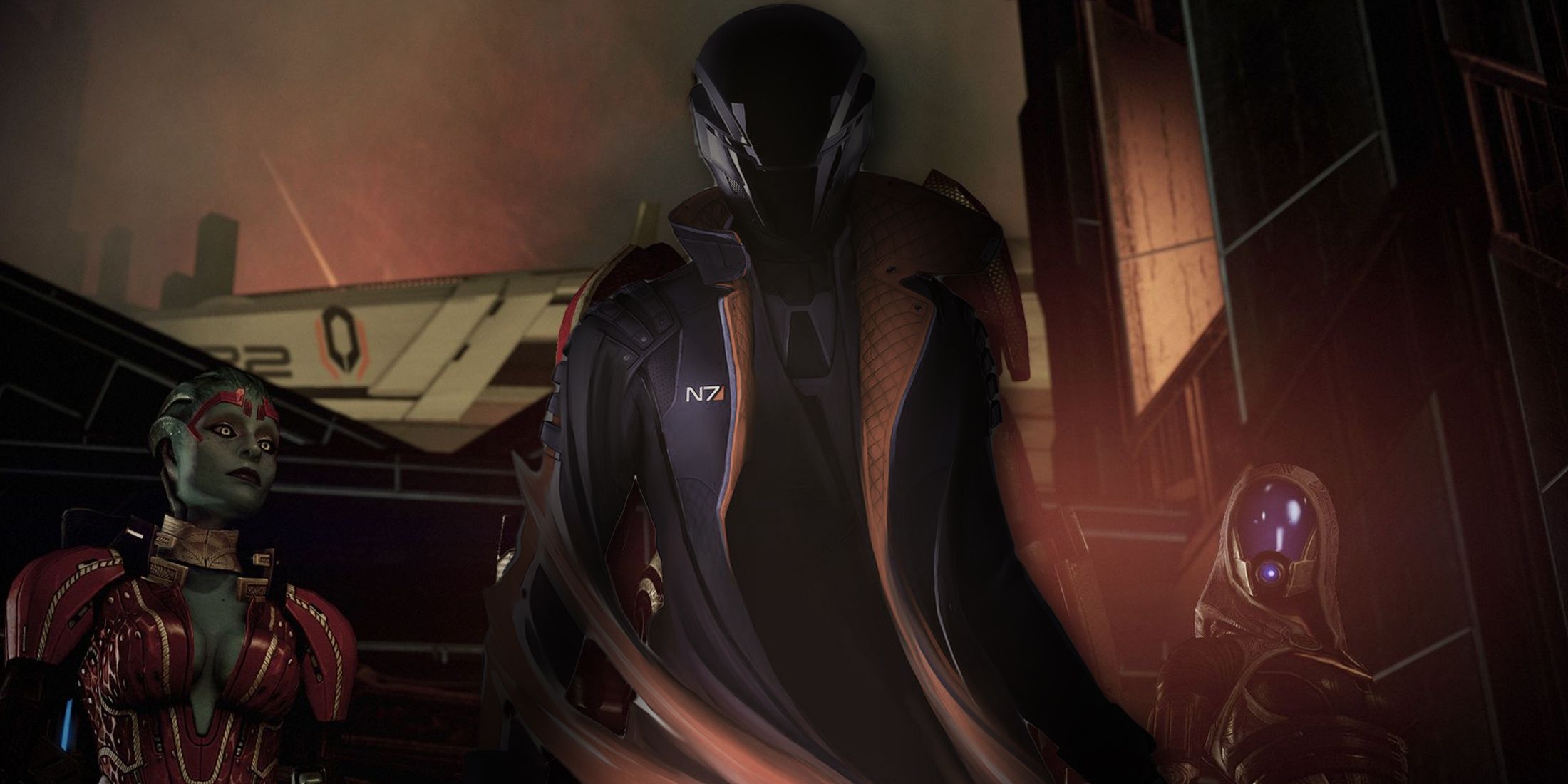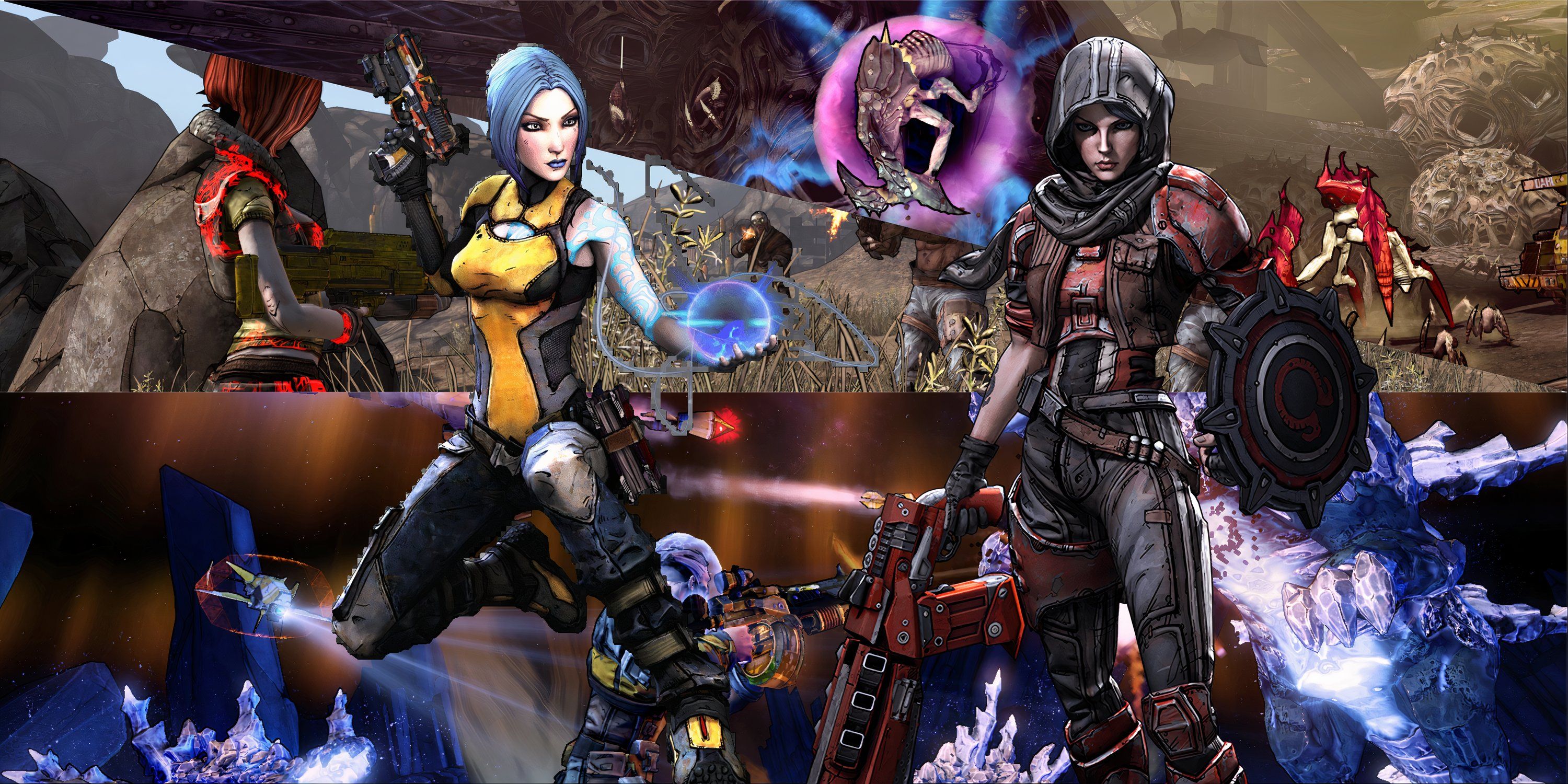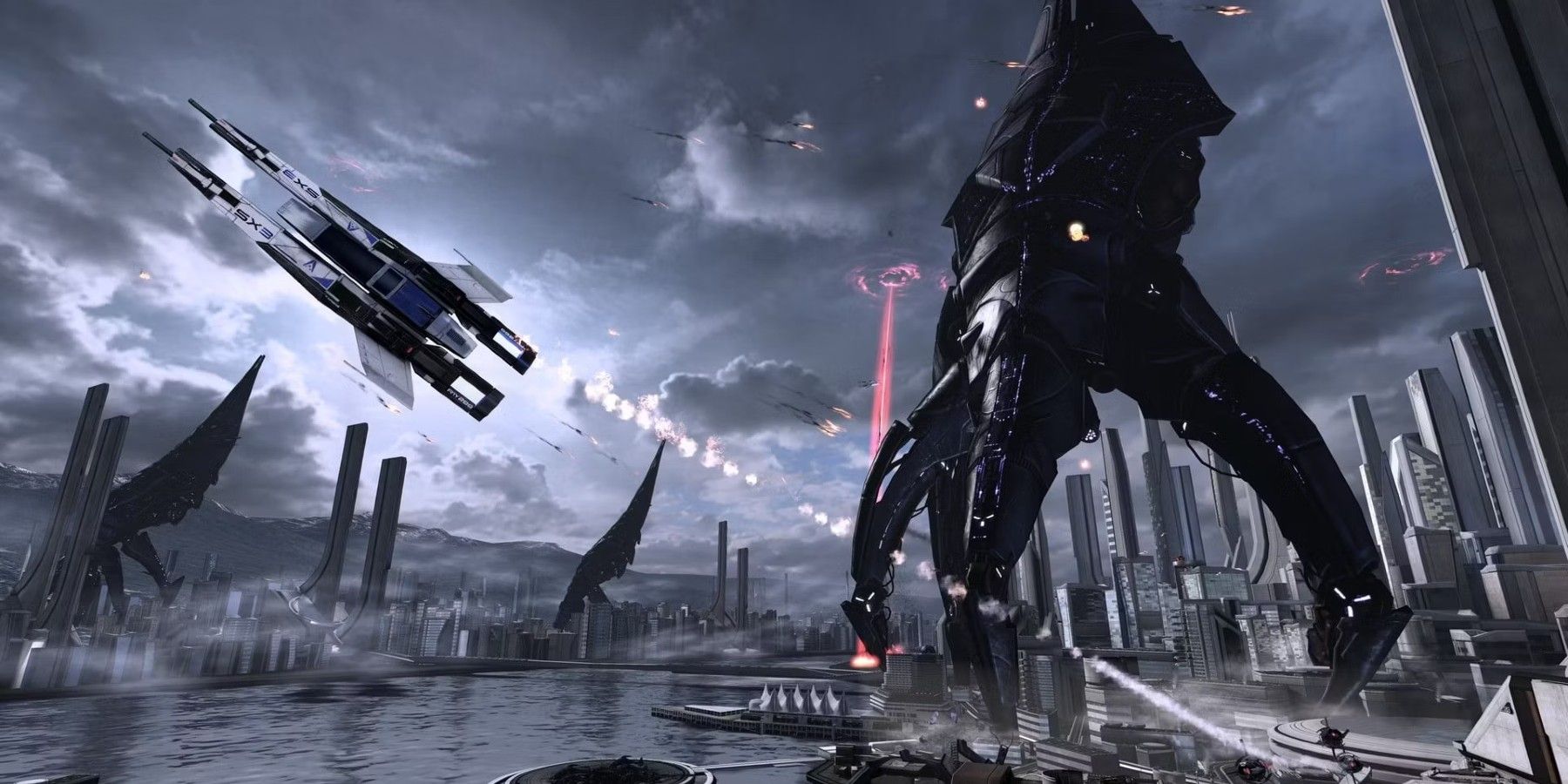Mass Effect 4 is well on its way, and while it's not entirely clear what the game is going to look like, fans can be fairly certain that it will take place in the Milky Way and will likely serve as a direct sequel to Mass Effect 3. It remains to be seen just how closely Mass Effect 4 will be linked to the other games in terms of narrative, but its setting and ostensible premise mean that it will have to contend with a few lore hurdles while introducing new storytelling elements.
Throughout the entire main Mass Effect trilogy, the Reapers are positioned as the dominant antagonistic force, posing an existential threat to all life in the galaxy. Per the series' lore, this fleet of hyper-intelligent synthetic beings purges the galaxy every 10,000 years, wiping out all organic life that meets a certain threshold of advancement (this threshold is the reason why the Reapers didn't face off against humanity during the last purge cycle, as it took place when human civilization was barely in its infancy). Mass Effect 3's infamous endings vary wildly, but they essentially all lead to the end of the Reapers as the series presents them, meaning that a new enemy will have to be introduced for Mass Effect 4.
Mass Effect 3 can technically end in a Reaper victory, but the fact that Mass Effect 4 exists and features organic beings is proof that this ending isn't considered canon.
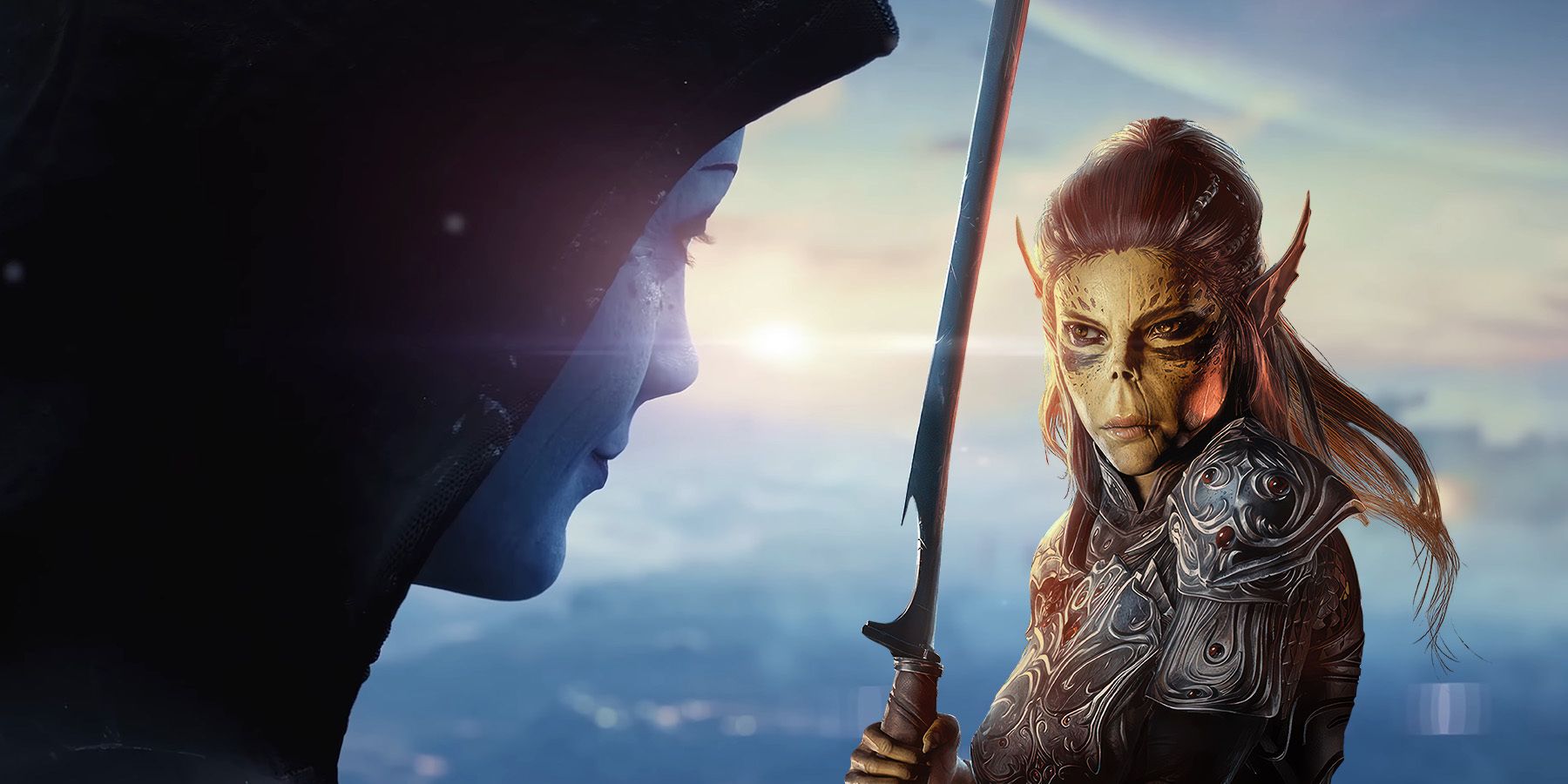
Mass Effect 4 Has the Perfect Class Blueprint in Baldur's Gate 3
Mass Effect 4 will be bringing the franchise into the modern era, and learning from Baldur's Gate 3's approach to classes would help serve this end.
Mass Effect 4's Reaper Replacement Has Its Work Cut Out for Itself
The Reapers Can Never Be Mass Effect's Antagonists Again
While turning back the clock could help Mass Effect 4 in some ways, the main narrative conflict needs to move forward and beyond the Reapers. Sprawling, ambitious, blockbuster franchises, whether they are in the medium of video games, film, or television, can have an unfortunate tendency to overuse certain characters or plot beats, wearing them out long past their usefulness and ultimately rendering them uninteresting. While some long-running antagonists or antagonist groups, like Doctor Who's Daleks, manage to be interesting in their own right, these are the exception, not the rule.
To recapture the tone and general spirit of the original trilogy, BioWare might be tempted to resurrect certain characters or concepts for Mass Effect 4, tying the series together and taking players on a trip down memory lane simultaneously. This would be a mistake with the Reapers, though, as their reincorporation in any form, be it through the ambiguous nature of Mass Effect 3's Synthesis ending, the morally questionable Control ending, or by totally bypassing the decisive Destroy ending in some way, would ultimately cause the narrative to lose heft, stakes, and meaning. By that same token, a spiritual successor to the Reapers in the form of an existential, emotionless, unfeeling race of synthetic or organic beings, would feel like retreading old ground.
Mass Effect 4 Will Need to Take a Different Approach to its Antagonist
With the Reapers out of the picture both literally and spiritually, Mass Effect 4's primary antagonist will need to offer something a bit different. Since it's hard to raise the stakes beyond the destruction of all organic life in the Milky Way, perhaps the game could take a more intimate or psychological approach, setting the game amidst more political or social issues impacting the galaxy. Perhaps the ultimate threat could be more complex and nuanced than an incomprehensible, almost cosmic force like the Reapers.
The interplay of influential groups like Cerberus, the Alliance, and the Council has always been one of the most alluring aspects of Mass Effect's worldbuilding, so maybe it ought to be the primary focus of the fourth game. This would allow Mass Effect 4 to avoid the tricky question of outdoing the greatest threat the Milky Way has ever known.
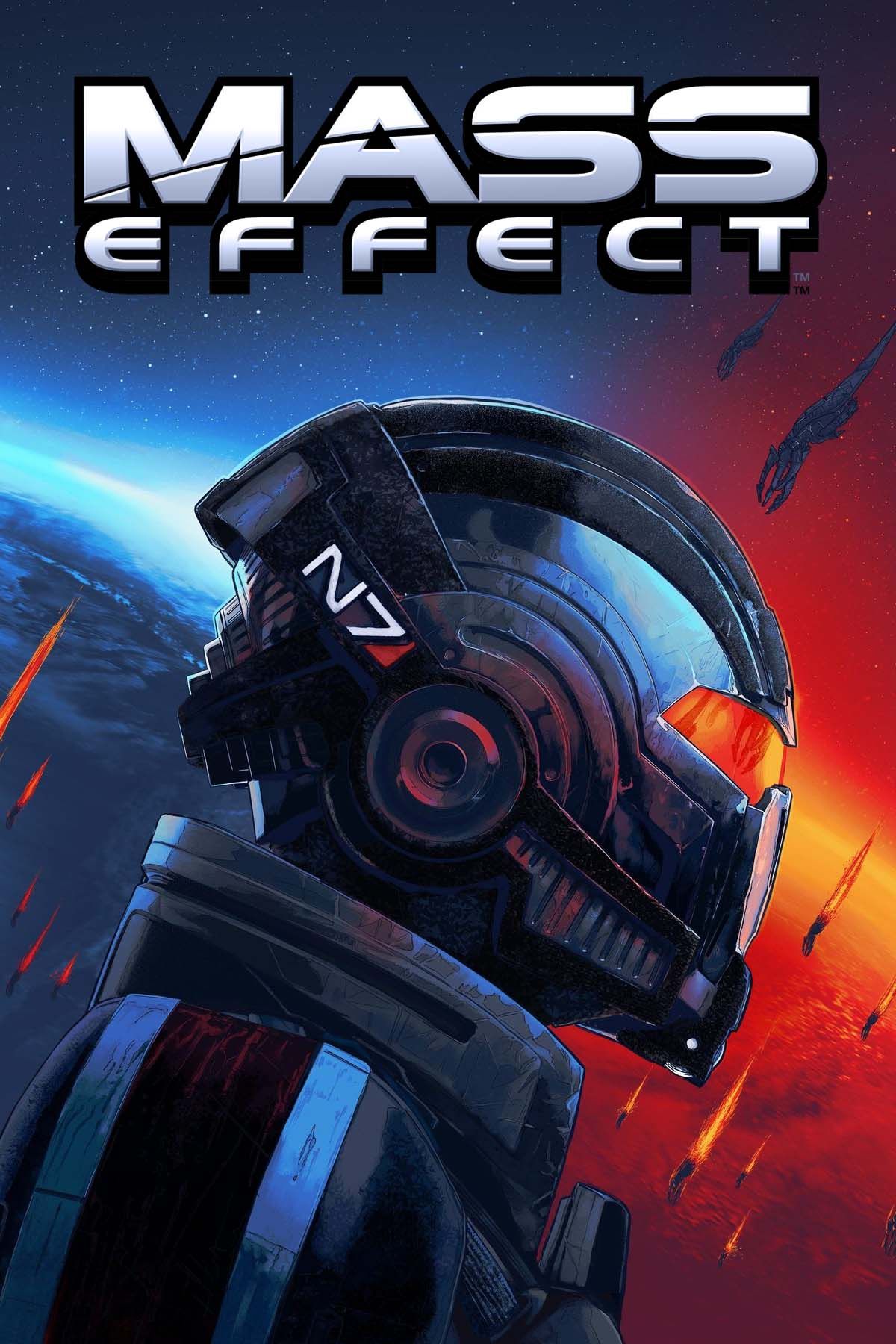
Mass Effect Trilogy
Mass Effect Trilogy is a compilation featuring BioWare's Mass Effect, Mass Effect 2, and Mess Effect 3. The Trilogy also contains all of the downloadable content for the first two games including Lair of the Shadow Broker, Stolen Memory, Bring Down the Sky, and Overlord.

